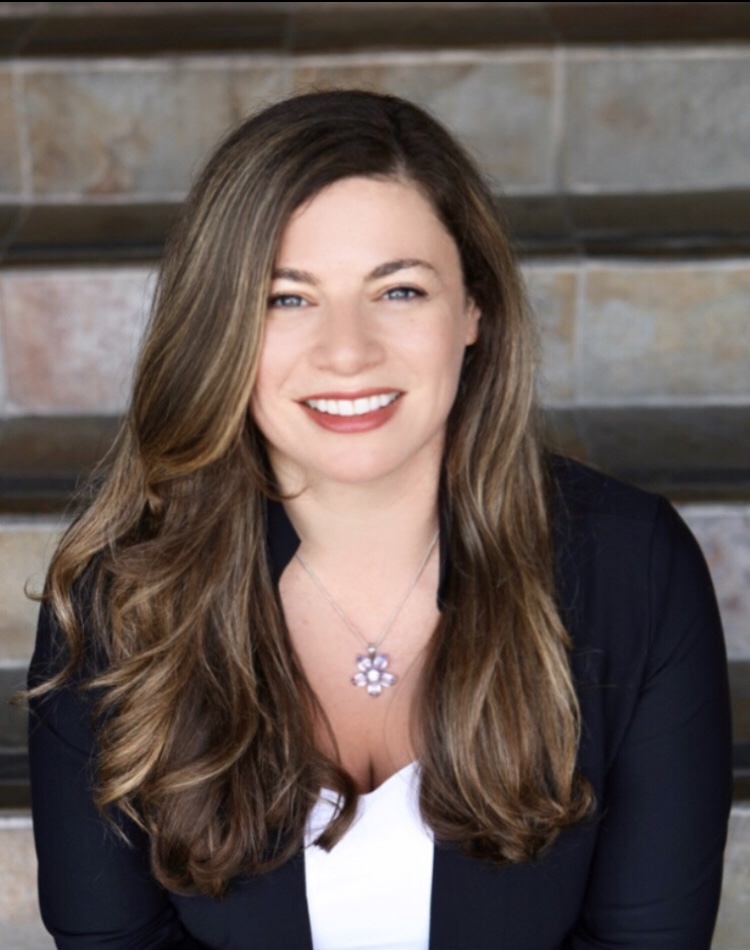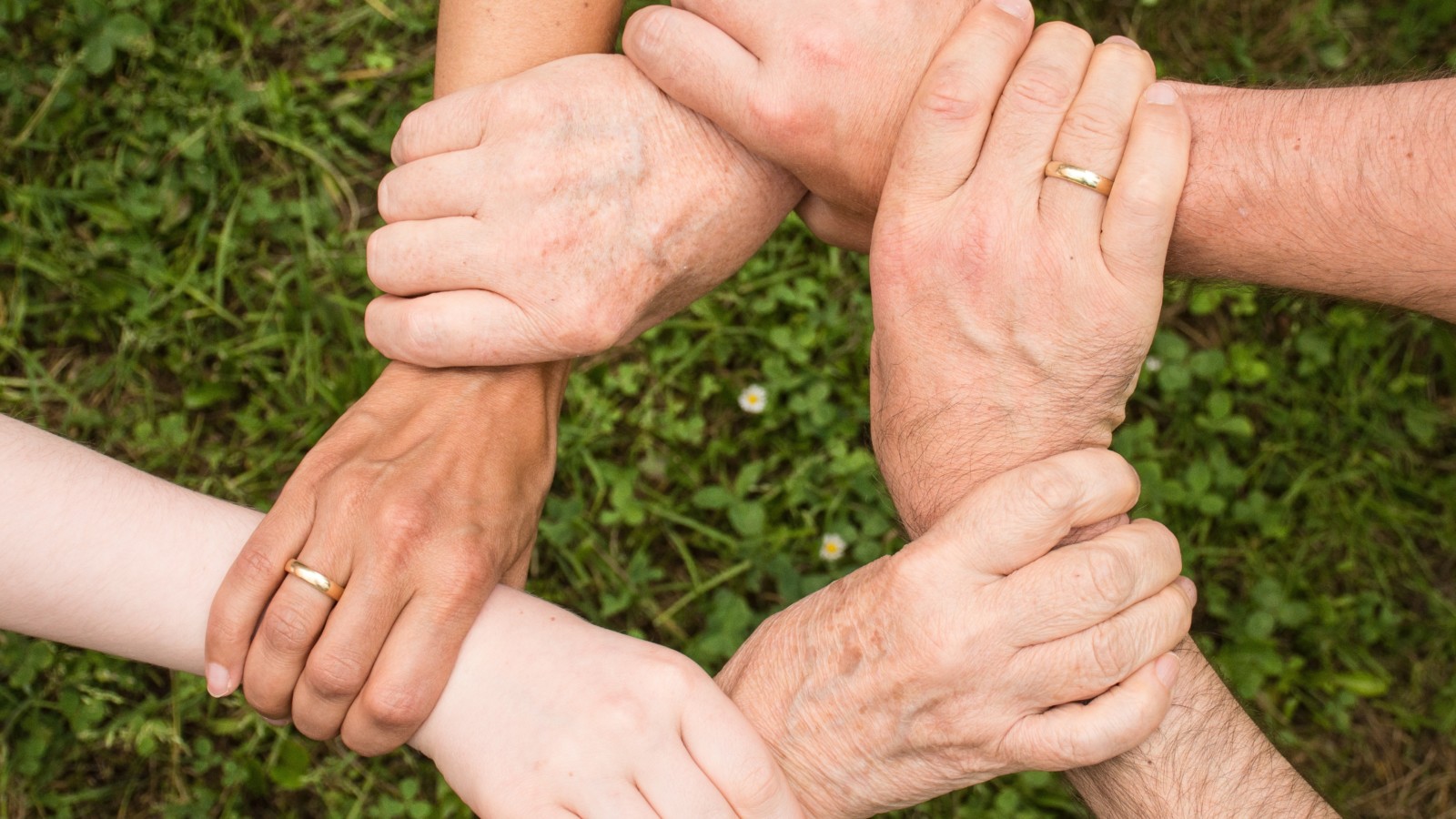“The papers came through!” my dear father said on a sunny day in December 1992 in Montevideo, Uruguay. He was fanning a large yellow envelope and beaming the blinding smile of an unlikely lottery winner; for he had won, indeed, the lottery of legal immigration into the admired, desired, and productive United States of America. In just two months, our family of five – my father, mother, two younger brothers, and I, would leave everything and everyone we knew behind for an opportunity to pursue the almighty American Dream. I was sixteen years old. Honestly, I had no idea what the heck the ‘American Dream’ meant, but what I did know was that I was, simultaneously, too young to stay behind on my own and too old to have no agency in the matters of my Life. Hiding my discontent, I went along.
It wasn’t every day that a family of five took off to live in a land they saw only in American films with Spanish subtitles, and so on the day of our departure, a swarm of people came to bid us farewell at Carrasco airport. Family and friends, neighbors and babysitters, teachers and doctors, children and grandparents gathered to mark the last day of our family in our tiny, insular, cozy nest. I didn’t know then what to call this amalgam of people, invisibly connected by the thread of shared life experience. I didn’t know then what to call this group bound, not by blood, but by welcoming inclusion. I didn’t know then what to call this united front, solidified by the ups and downs of life and by the type of mutual respect that flirts with unconditional love.
But now I know.
This is called a community.
What first waited for me in Brooklyn, New York, was a frigid gray day that demanded a thicker coat and even thicker skin, and the rest of my Life in one of the most individualistic countries in the world. Hiding my discontent was no longer possible. I had sustained the profound, destabilizing, and complicated loss of community. I wasn’t just missing the long-standing friendships – the people who invite you on weekly adventures and make a big deal out of your birthday. I was missing the more transcendent parts of community: the feeling that you’re held through the rollercoaster of growing up as a human being, and the knowing that you’re part of a greater whole.
In my mourning and longing, I oscillated between claiming not to need community at all and wanting it so bad I would do anything for it. After years of yo-yoing, something shifted in me: If I had once felt I belonged in a community somewhere, even if it was 5,400 miles away, this meant that I had the ability to feel in community elsewhere. So, I started looking. Everywhere. Seeking. Trying this, and that. Are you my community? How about you? And you? No. Well, maybe you.
Those who seek, sometimes find; and I began to find the types of communities that accept all humans just as they are. Among the many tolerant and beautiful communities, I found the Ecstatic Dance community where people of all colors, shapes, and origins move in whichever way they feel called to do so. I found the JCCs of America – welcoming, cross-generational groups bound by the common life experience of being a minority group in America. The Oshman Family JCC has been a balm for my body, mind and soul. My body likes lounging by their outdoor pool. My mind loves absorbing insights from authors who come to speak on topics ranging from parenting to world peace; even I got to speak about my own book New Startup Mindset, when it was published in April 2020. And my soul, oh my soul, loved the community trip to Israel, in which an 80-person strong group of all ages traveled through this diverse land; we floated on the Dead Sea, danced on a boat, and visited archeological sites under Old Jerusalem. And, I made new friends for this time in my life. Now I am the unlikely lottery winner: I belong somewhere, anywhere…everywhere. I’m part of a community. I’m part of many communities.
As my father was preparing himself to move on from this realm, I thanked him for his courage to bring us to a land unknown. “If I hadn’t brought you here,” he said, “you would’ve come all on your own.”


